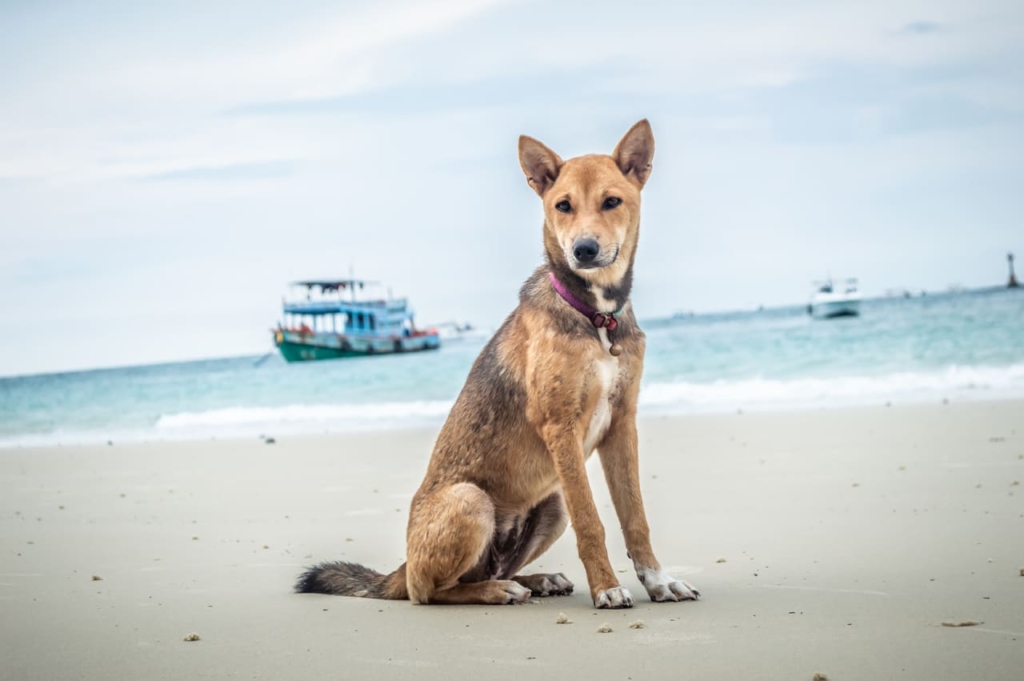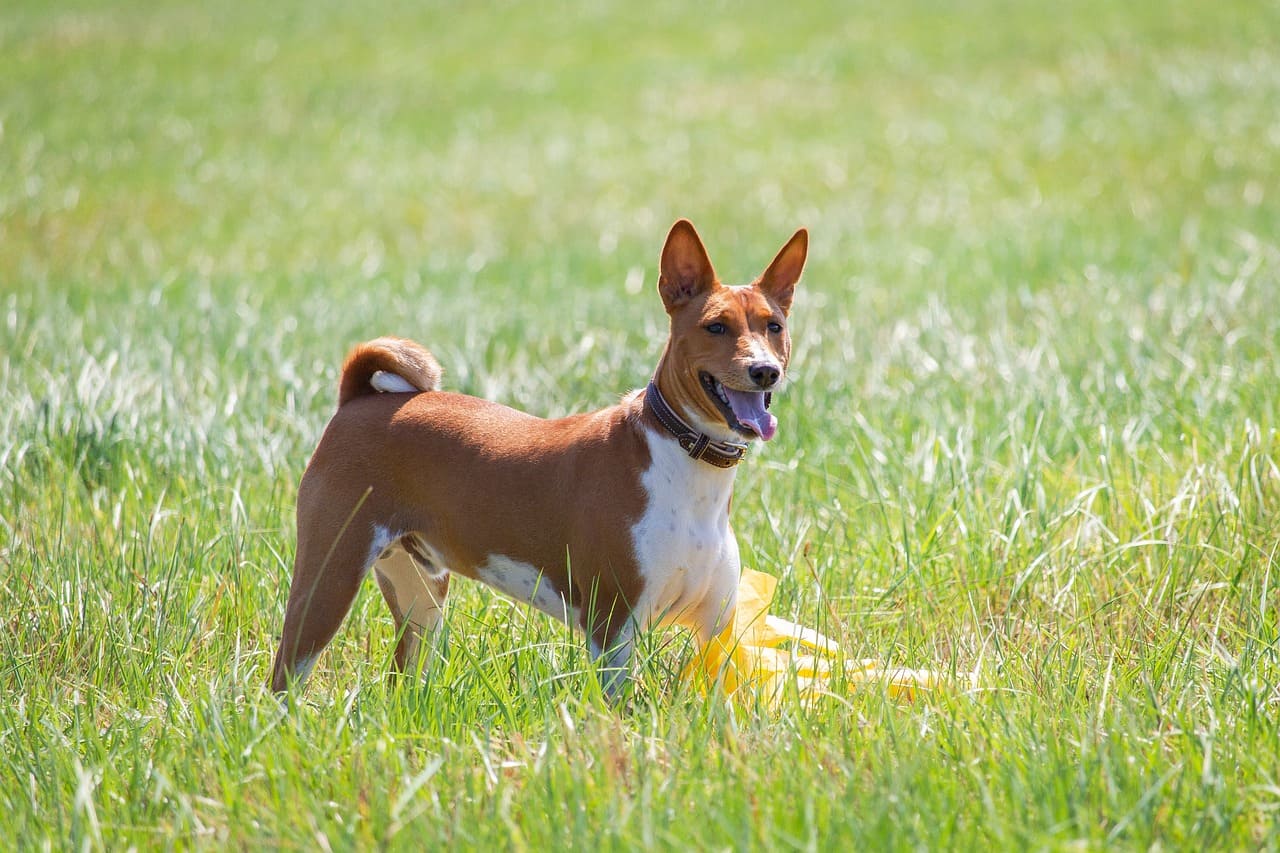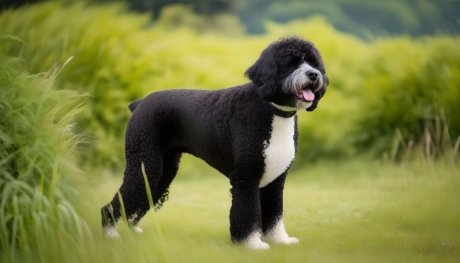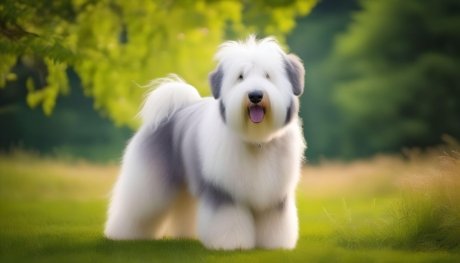Top 5 Exotic Dog Breeds: Discover the World of Unconventional Canines
Dogs have long been our loyal companions, providing us with unconditional love and companionship. While many people are familiar with popular dog breeds like Labradors, German Shepherds, and Golden Retrievers, there is a whole world of exotic dog breeds waiting to be discovered. These unique and unconventional canines offer a fresh and exciting alternative for dog lovers seeking something different. In this article, we will delve into the fascinating realm of exotic dog breeds, exploring their characteristics, popularity, and what makes them so special.
The Appeal of Exotic Dog Breeds
Exotic dog breeds have an undeniable allure that captivates dog enthusiasts worldwide. They offer a departure from the mainstream and provide a sense of exclusivity. Owning an exotic dog breed allows individuals to stand out from the crowd and showcase their distinctive taste in canine companions. Furthermore, these dogs often possess captivating physical features, rare coat patterns, and extraordinary temperaments, making them a fascinating choice for those seeking a truly unique pet.
Characteristics of Exotic Dog Breeds
Exotic dog breeds come in all shapes, sizes, and temperaments. Their defining characteristics vary greatly, but they share a common thread of rarity and uniqueness. These dogs may exhibit distinct physical attributes such as unusual coat colours, patterns, or striking features like hairless bodies or extra digits. Their temperaments can range from independent and aloof to highly energetic and playful, adding to their intrigue and appeal.
Top 5 Popular Exotic Dog Breeds:
1. African Basenji

The African Basenji is a small to medium-sized dog known for its distinctive yodel-like vocalizations and cat-like grooming habits. Originating from Central Africa, this ancient breed possesses a spirited and curious nature, making them an intriguing choice for dog enthusiasts.
2. Peruvian Inca Orchid

The Peruvian Inca Orchid, also known as the Peruvian Hairless Dog, is a unique breed celebrated for its hairless appearance and elegant presence. Native to Peru, these dogs are not only striking in their physical features but are also known for their gentle and affectionate personalities.
3. Xoloitzcuintli

The Xoloitzcuintli, often referred to as the Xolo, is a Mexican breed with a history dating back thousands of years. This rare and ancient dog is available in three sizes—toy, miniature, and standard—and possesses a calm and loyal temperament, endearing them to their owners.
4. Azawakh

Originating from West Africa, the Azawakh is a sighthound breed known for its grace, agility, and striking appearance. With their lean bodies and regal presence, these dogs are a sight to behold and make wonderful companions for active individuals.
5. Thai Ridgeback

The Thai Ridgeback is a muscular and athletic breed hailing from Thailand. Their most distinguishing feature is the ridge of hair along their spine that grows in the opposite direction from the rest of their coat. These intelligent and protective dogs are deeply loyal to their families.
Unique Traits and Temperaments
Exotic dog breeds often possess unique traits and temperaments that set them apart from more common breeds. These can include heightened senses, exceptional intelligence, and specialized skills. Additionally, their distinct personalities can make them captivating companions for those seeking a dog with a truly individualistic nature.
Caring for Exotic Dog Breeds
Caring for exotic dog breeds requires a thoughtful and tailored approach. These dogs may have specific grooming needs, dietary requirements, or exercise routines that differ from mainstream breeds. It is essential to research and consult with experienced breeders or veterinarians to ensure that their unique needs are met for their overall well-being.
Training and Socialization
Training and socialization are crucial for all dogs, including exotic breeds. Early socialization helps them develop positive behaviours and interactions with other animals and people. Consistent and positive training methods can help exotic dogs become well-mannered companions, making the most of their unique traits and temperaments.

Health Considerations
When considering exotic dog breeds, it is important to be aware of potential health issues associated with certain breeds. Some exotic dogs may have genetic predispositions to specific conditions, which should be monitored and addressed accordingly. Regular veterinary check-ups, a balanced diet, and exercise are vital for maintaining the overall health and well-being of these exceptional canines.
Exotic Dogs as Family Pets
While exotic dog breeds may seem unconventional, many of them make excellent family pets. Their loyalty, adaptability, and unique personalities can bring joy and excitement to a household. However, it is crucial to consider the specific needs and temperaments of each breed to ensure compatibility with the family’s lifestyle and living arrangements.

The Future of Exotic Dog Breeds
As the world becomes more connected and diverse, the popularity of exotic dog breeds is likely to increase. Their rarity and distinctive qualities will continue to draw the attention of dog enthusiasts who seek something extraordinary. It is essential for breeders and owners to prioritize responsible breeding practices, ensuring the long-term health and well-being of these remarkable canines.
Conclusion:
In conclusion, the world of exotic dog breeds is a captivating one, filled with unique and extraordinary canines that offer a refreshing alternative to more conventional breeds. From the spirited African Basenji to the elegant Peruvian Inca Orchid, these dogs possess a charm and allure that is hard to resist. If you’re looking for a four-legged companion that stands out from the crowd, an exotic dog breed might be the perfect choice for you.
Frequently Asked Questions:
-
Are exotic dog breeds suitable for families with children?
Exotic dog breeds can be suitable for families with children, but it’s important to research the specific breed’s temperament and compatibility with kids.
-
Do exotic dog breeds require special grooming?
Some exotic dog breeds may have unique grooming requirements, so it’s essential to understand their needs and provide proper care accordingly.
-
Are exotic dog breeds more prone to health issues?
Like all dog breeds, exotic dogs may have certain health issues associated with their genetics. Regular veterinary care and a healthy lifestyle are crucial for their well-being.
-
Can exotic dog breeds adapt to apartment living?
The adaptability of exotic dog breeds to apartment living varies depending on the breed’s exercise needs and temperament. Some may be better suited to larger spaces.
-
Where can I find reputable breeders for exotic dog breeds?
It’s important to find reputable breeders who prioritize the health and well-being of their dogs. Research local breeders, visit their facilities, and ask for references before making a decision.
Recommended:





























